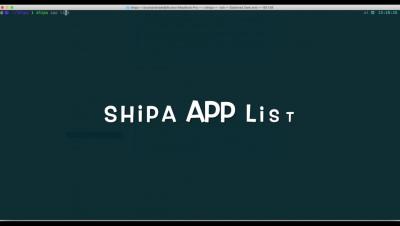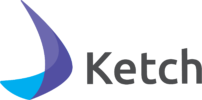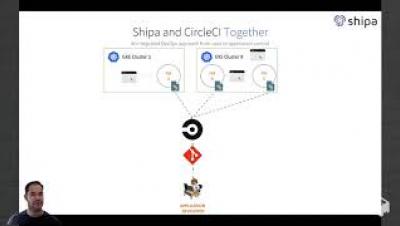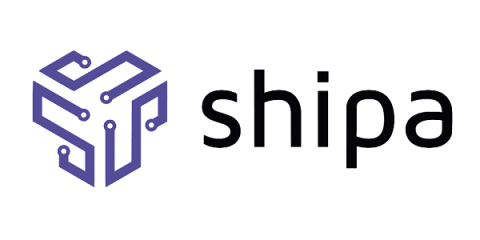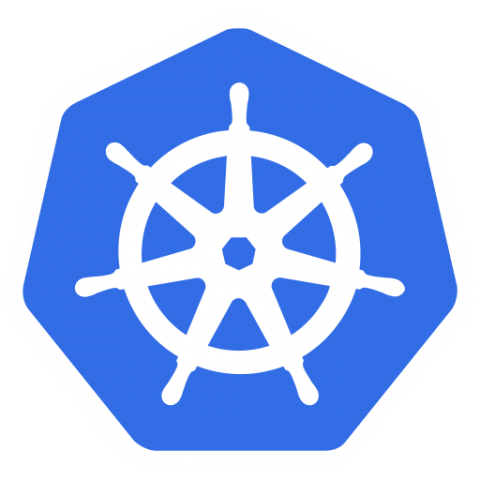Operations | Monitoring | ITSM | DevOps | Cloud
November 2020
Shipa Open Sources Ketch
Shipa, Corp., delivering a cloud native application management framework built to manage the full application lifecycle, today announced that it is open sourcing Ketch, Shipa’s deployment engine, under Apache License Version 2.0. This open source release is available on GitHub and follows the general availability launch of Shipa’s full application management framework in October.
Monolith to Microservices - A Thought Leadership Talk
On November 11, 2020, I had the pleasure of speaking with two incredible thought leaders in the DevOps space: Vivek Pandey, VP of Engineering at Shipa (https://www.shipa.io), and Patrick Deuley, Sr Product Manager at GitLab (https://www.gitlab.com). The topic of the discussion was “Monolith to Microservices,” and we covered three key areas: Starting out, Scaling and Developer Experience.
Shipa Integration with CircleCI
Kubernetes can bring a wide collection of advantages to a development organization. Properly leveraging Kubernetes can greatly improve productivity, empower you to better utilize your cloud spend, improve application stability and reliability, and more. On the flip side, if you are not properly leveraging Kubernetes, your would-be benefits become drawbacks. As a developer, this can become especially frustrating when you are focused on delivering quality code, fast.
Shipa and CircleCI Orb Integration
Are Developers Not That Keen On Kubernetes?
Should application developers learn Kubernetes? Let’s ask an even deeper question; should application developers even be aware of Kubernetes in their infrastructure? I frequently hear this question being asked by DevOps, Platform Engineering, and Development teams. Of course, this is a discussion that brings very different views from different people and can result in a very long debate.
Deploying Applications on Kubernetes
In a previous article, we discussed why we frequently hear that developers are not that keen on Kubernetes. You can read it here. In summary, while developers certainly see the value of Kubernetes, they want to continue focusing on their application code and updates and not be impacted by the company’s Kubernetes initiative, which is quite fair.


